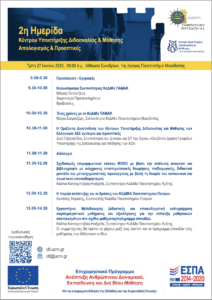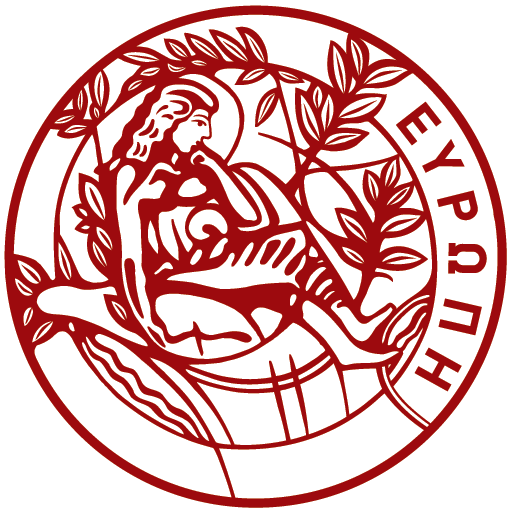Higher Education Teaching Methodology
September 23, 2023 2023-09-23 13:53By Kallia Katsampoxaki Hodgetts ( Part of the Introduction of a Collective Volume entitled: “University Education: Teaching Methodology in Higher Education, 2023”)
The term “teaching method” is difficult to define because each definition reflects different understandings of teaching and learning. We could say that teaching method refers to the general principles (pedagogical, ethical, political, social) and strategies followed in a teaching process. It is mainly chosen by the teacher in order to facilitate or enhance the learner’s learning. However, the choice of the appropriate teaching method is not an easy task and depends on many factors. The explicit and/or implicit perceptions of the teacher, the educational values he/she espouses, the educational policies, the demographic characteristics of the classroom, the subject taught are just some of them. Instructional methods also determine teaching strategies which, although representing structured instructional interventions in a sequence of principles, may reflect multiple methods (Wiggins & McTighe, 2006).
It goes almost without saying that the more teaching methods a teacher knows, the more likely it is that he/she will eventually move away from the reproduction of past teaching models based on lecturing and a relative uniformity in teaching, and try something new. This transition, of course, is far from easy, for two main reasons. First, because these patterns are deeply rooted in the tradition of teaching (and even more so in academic teaching) and, second, because it is very difficult for any lecturer to change his/her teaching practice, as well as any other habit (Oreg, 2003; Smollan, 2011; Yılmaz & Kılıçoğlu, 2013). Especially in university education, two other important factors often have an impact that inhibit efforts to renew the teaching methods used. The first is the assumption that anyone who knows a subject very well (as is certainly the case with university teachers) knows how to teach it. The second is the university’s focus on research, not teaching, in all faculty developments. These two factors are likely to be the reasons why the international literature and debate on university education and teaching methodology is relatively limited, compared to that of school education, which is particularly rich.
CTL TotT initiates a discussion and reflection on teaching methodology in higher education among teachers, but also between them and educational researchers. It is likely that in the future this discussion will also bring about more testing of new teaching methods in teaching, i.e. in the teaching practice of higher education itself, and perhaps also a realisation by some lecturers of the often unclear perceptions that influence and/or shape teaching to a large extent. Such processes are always long-term and painful for the participants, but they always bring about changes – however small – that can gradually lead to significant improvements in teaching. The ultimate aim and main perspective of this volume is to provide structured and systematic opportunities for reflective learning for the purpose of autonomous learning and professional development of teaching staff in HEIs.
Changes in teaching practices are particularly difficult to bring about through participatory, collective and reflective processes and therefore it is important to present many examples of teaching methods, strategies and educational proposals that include a hierarchy of educational priorities. Also, beyond some theoretical orientations, it is necessary to discuss specific educational practices that have been tested in the university setting with the ultimate aim of developing the discussion of the particular challenges facing University Education today and fostering a reflective culture about the teaching methods used, in order to support the move towards teaching that takes into account the differentiation of female students (Tomlinson 2001).
For a more detailed discussion on this topic see the slides presented at the workshop.
https://ctl.uom.gr/wp-content/uploads/2023/06/2023-06-27_Katsaboxaki-Workshop.pdf [in Greek only]
The programme of the presentations can be seen here.




